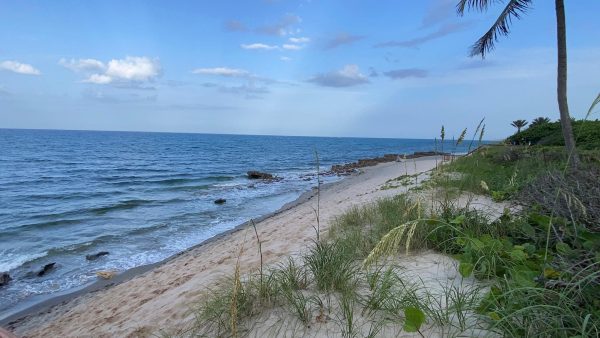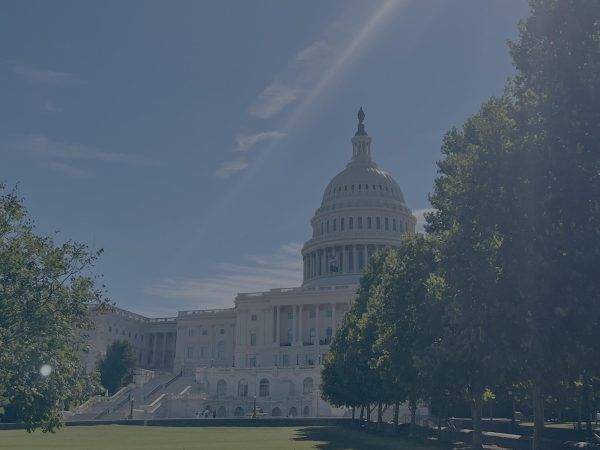Europe introduces lockdown measures as COVID-19 cases surge
Europe fights to prevent COVID-19 resurgence as alarming rates of infection and deaths continue to increase in the region.
A country’s response to the pandemic varies, depending on the number of cases it has. Nations establish curfews, lockdowns and school closures in hopes for a quicker return to normalcy in 2021.
According to the Oxford COVID-19 Government Response Tracker, Spain was the European country with the second strictest response policy in August 2020, after Portugal. Currently, Spain is under a nationwide curfew until early May 2021. People are only allowed to go out for work, education and pharmaceutical purposes. Also, if a person needs to care for children or the elderly, they are permitted to do so. Regional borders are opened for travel unless regional leaders decide to close them and modify the curfew. Face coverings are mandatory in indoor public spaces and public transport for anyone over the age of six; in some regions, they are required everywhere outdoors.
Germany introduced a new nationwide lockdown on Dec. 16, in which non-essential shops, non-essential businesses and schools will be closed. As cases begin to rise uncontrollably, Germany is preparing to prolong and strengthen restrictions by enforcing this lockdown until the end of Jan. Germany had approximately 30,000 cases a day during the run-up period to Christmas, and now has a seven-day infection rate at over 140 per 100,000 residents. During this stay-at-home order, leisure centers such as restaurants, bars and sporting facilities will remain shut; during a meeting on Jan. 19, Chancellor Merkel and state leaders decided these will remain closed until Feb. 14.
The French government reduced the nightly curfew in 15 departments in the east and south-east from 8 p.m. to 6 p.m. on Jan. 16; the number of COVID-19 cases in those areas have been climbing more rapidly than elsewhere, leading local leaders to implement harsher measures. The government has also delayed the reopening of cinemas and museums that was supposed to be on Jan. 7. Restaurants and bars will be closed nationwide, but schools will remain open. Anyone traveling internationally from outside of Europe must have a negative test for the COVID-19 virus within 72 hours of their travel into France; after their arrival, they must isolate themselves for seven days and test negative again to limit the spread of the virus.






